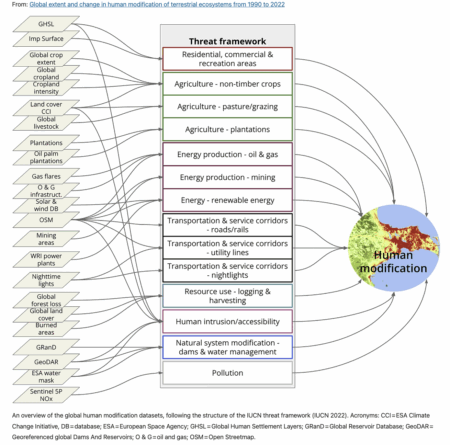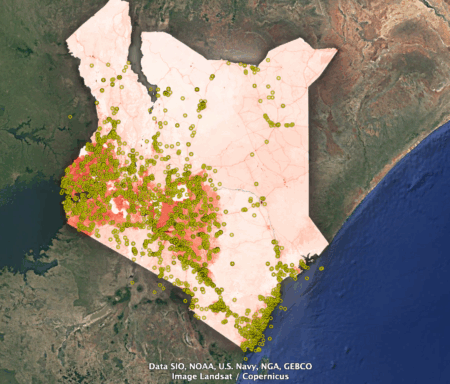Is it possible to distil the ongoing debate over how to conserve plant genetic resources into the contrasting views of two people?
For Julia Nordblad of the Department of History of Science and Ideas, Uppsala University, the answer is a resounding yes, if the two people are Otto Frankel and Erna Bennett, both very much friends of the blog. She sets out her argument in a paper that is just out:
…Frankel and Bennett exemplify that there are indeed different versions of planetary temporalities that imagine the entanglements between the social and the planetary differently, and thus end up promoting distinctive politics for amending diversity loss and saving evolution. For Frankel, the solution lay within the temporality of development. Modern technology could be used to replace the storage of evolutionary time in the “primitive” agriculture, and progressive norms could emerge that would achieve protection of wild evolutionary time in the natural world. For Bennett in contrast, development was not the only possible historical trajectory, but a particular historical process driven by economic and political interest. Her vision of how evolutionary time should be protected was to let it be decentralized in varied agricultural practices shielded from corporate interest that would otherwise quickly drive diversity down and eclipse the evolutionary temporal horizon.
So it’s possible. But is it helpful?
Well, I’m torn. You can certainly find descriptions of the early days of the crop diversity conservation movement that have a larger cast of characters. Like for example the equally recent Australia’s Search for Greener Pastures: The Foundations of the Global Genetic Resources Movement, 1926-1980 by Derek Byerlee. Or the earlier but still canonical Scientists, Plants and Politics: A History of the Plant Genetic Resources Movement, by Robin Pistorius.
But there’s something satisfyingly protean about Bennett and Frankel — and indeed their sort-of-rivalry. So I’m going to say that it is indeed helpful — at least to get you started understanding this history.
And speaking of protean: where would Vavilov stand? If I read another recent paper correctly, by Jeffrey Wall of the University of Turku, somewhere in the middle. Probably a good place to be.

